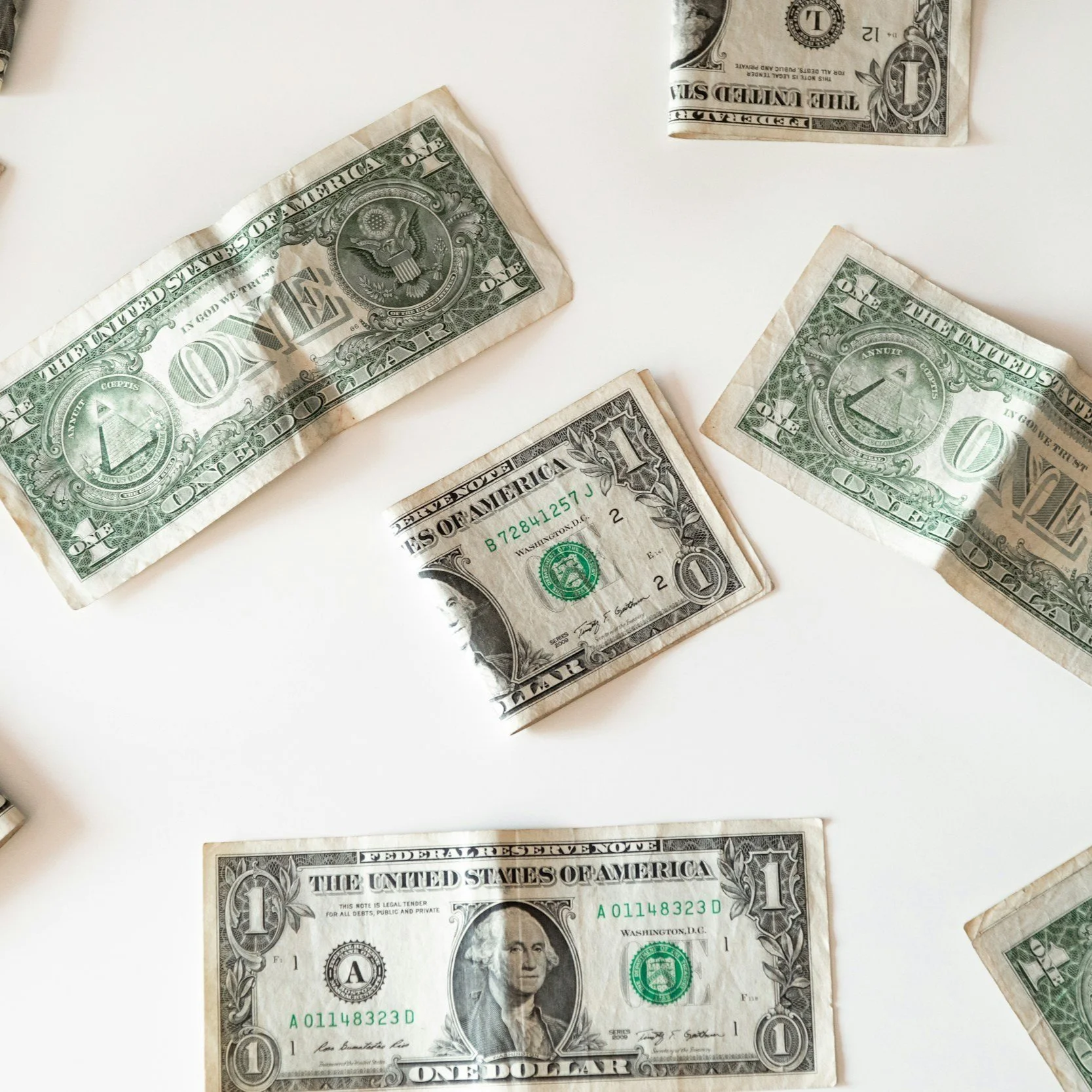Donald Trump has been elected as the 47th President of the United States, and a significant voter issue that led to his election is the belief that he will “improve” our economy. But what does this mean, and how does he plan to do that?
All in Economics
Wealth, Worth, and Well-Being: A Behavioral Economics Perspective
What if the key to happiness isn’t how much we earn, but how we think about spending? Behavioral economics offers insights into why our perceptions of income and consumption often defy traditional logic—and how these insights can reshape public policies to boost societal well-being.
Behavioral Economics in Policy Making
To put it simply, the field of behavioral economics evolved as an increasing number of economists acknowledged the contributions of psychologists, who revealed that individuals do not act as traditional economic theories assumed—namely, as rational agents who consistently make decisions to maximize their expected benefits. While traditional economics recognizes decision-making based on rational economic theory, where individuals assumingly balance the benefits and costs of different actions, behavioral economics focuses on the concept that people lack self-control, make inconsistent choices over time, show selective attention, and respond unconsciously to an array of influences (Moffitt et al., 2023). People's decisions tend to be influenced by the social context in which they are made; they typically respond unconsciously to how a choice is framed and presented, and they cannot effectively navigate logistical challenges that hinder the best possible decision.
A Look Into the Economic Impact of Hosting the World Cup
The FIFA World Cup is the infamous international soccer championship event that is far and away the most-watched sports broadcast when it comes around on its 4-year cycle. The winning international soccer team receives one of the most sought-after trophies in the sports world, creating roaring waves of nationality and competitive pride for all participating countries and their fans. Additionally, upwards of $400 million in total prize money is up for grabs for the competing teams. 2022 FIFA World Cup champion Argentina received $42 million in prize money on top of the trophy, and this figure has been increasing every tournament.
Alleviating Poverty with UBI
Universal Basic Income (UBI) is a revolutionary idea that ensures everyone receives the basics to survive. The goal is to provide citizens a monthly stipend, between $250-$1,000, to reduce the number of people who struggle to pay for necessities such as house payments, food, and water so that they can focus on other goals like education, quality time with family, and personal hobbies. Poverty creates a life of instability with work, unstable living situations, and little to no access to education. Whenever we speak about poverty, people tend to think that this is only an issue experienced by those unwilling to work (or considered lazy by some).
The Implications of a Carbon Tax in the US
Climate change is arguably the most relevant and impactful current event. Both its effects and countermeasures are felt globally, and many countries have begun implementing policies and goals in hopes of nullifying its impacts. Environmental catastrophes such as rising sea levels and extreme weather conditions are a direct result of greenhouse gas (GHG) emissions and are on course to continue worsening if emissions don't dramatically decline.
The Behavioral Economics of Substance Abuse
To understand the reasoning behind substance abuse, we have to look at it from economic and psychological aspects, which brings us to the behavioral economic theory of substance abuse. It represents the reinforcers and contingencies, whether endogenous, as a subjective response to drugs, stress or arousal, or exogenous, which are the environmental factors such as low availability of alternatives, low prices of substances, social contexts that promote substance use, as well as life events that cause stress or dysphoria, that push the individual toward making cost-benefit decisions (Murphy & Dennhardt, 2016).
The Israeli-Palestinian Conflict’s Economic Impact
The Israeli-Palestinian conflict has been there for decades, and despite the agreements made to establish peace between both parties, the conflicts are still present to this day, and we are here to see its economic impact on both Israel and Palestine.
Gift Cards, Good Cards and Asymmetric Information
Picture this: It is your birthday, and among the countless toys, cards, and other items you’ve received is a veritable mountain of gift cards. While you are glad that people thought of you, you are also a little confused about why so many people gave you gift cards. After all, they are just a less useful version of cash that’s accepted at a small subset of stores and which you either don’t use, don’t spend all of, or use but have to pay the remaining balance of your purchase out of pocket. Yet despite this, gift cards are by far the preferred gift to cash, which has led to tens if not hundreds of millions of dollars being spent on them each year. One explanation of this phenomenon has its roots in the field of asymmetric information, which can also explain key features of car markets, charities, and more.
Future Jobscapes in the Face of AI: A Keynesian Perspective
With wages unable to match the escalating cost of living and the threat of ever-increasing inflation, the last thing the labor force needs is a faceless entity that stands to entirely change the very fabric of the global economy, potentially posing a threat to jobs and society as a whole.










